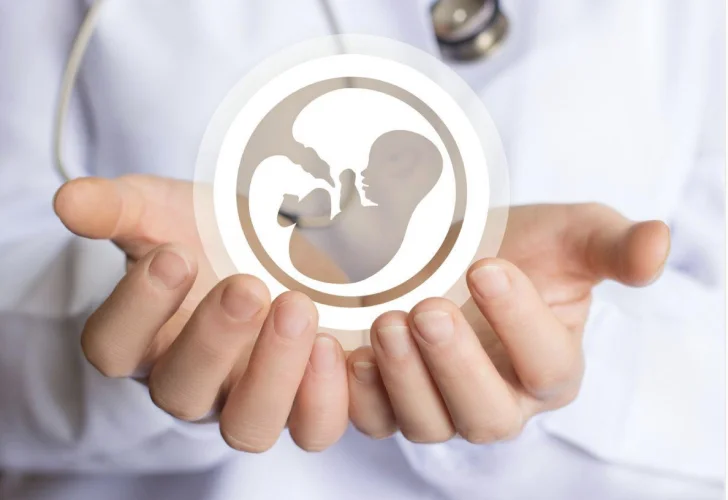High Risk pregnancy
What makes a pregnancy high-risk ? There are many factors related to the mother or the fetus that can make a pregnancy high risk, as well as issues and situations that arise during the course of the pregnancy
The information does not replace medical advice.

–
:Maternal risk factors include
* Pre-existing diabetes
* Chronic high blood pressure
* Blood clots
* Heart disease (congenital or acquired)
* Infectious diseases (Viral Hepatitis, pyelonephritis, HIV)
* Psychiatric disease
* Rheumatalogic diseases
* Organ transplantF
:Fetal risk factors include
* Birth defects, such as congenital heart defects
* Chromosome problems, such as Down syndrome
* Genetic syndromes, such as Fragile X syndrome
* Inherited diseases, such as cystic fibrosis
* Fetal growth restriction
* Fetal anemia
:Pregnancy-related risk factors include
* A history of multiple miscarriages or pregnancy losses
* A history of premature delivery
* Pre-term premature rupture of membranes
* Pre-eclampsia and HELLP syndrome
* Abnormal placentation
* Placenta abruption
* Stillbirth
* Too much or too little amniotic fluid
* Infections: Cytomegalovirus (CMV), Toxoplasmosis, Listeria,Herpes Virus, Zika
* Multi-fetal gestation ( Twins, Triplets)
* This is only a partial list of conditions and circumstances that may result in a pregnancy being labeled “high-risk.”
If a mother is over the age of 35, the pregnancy may also be considered high-risk.
